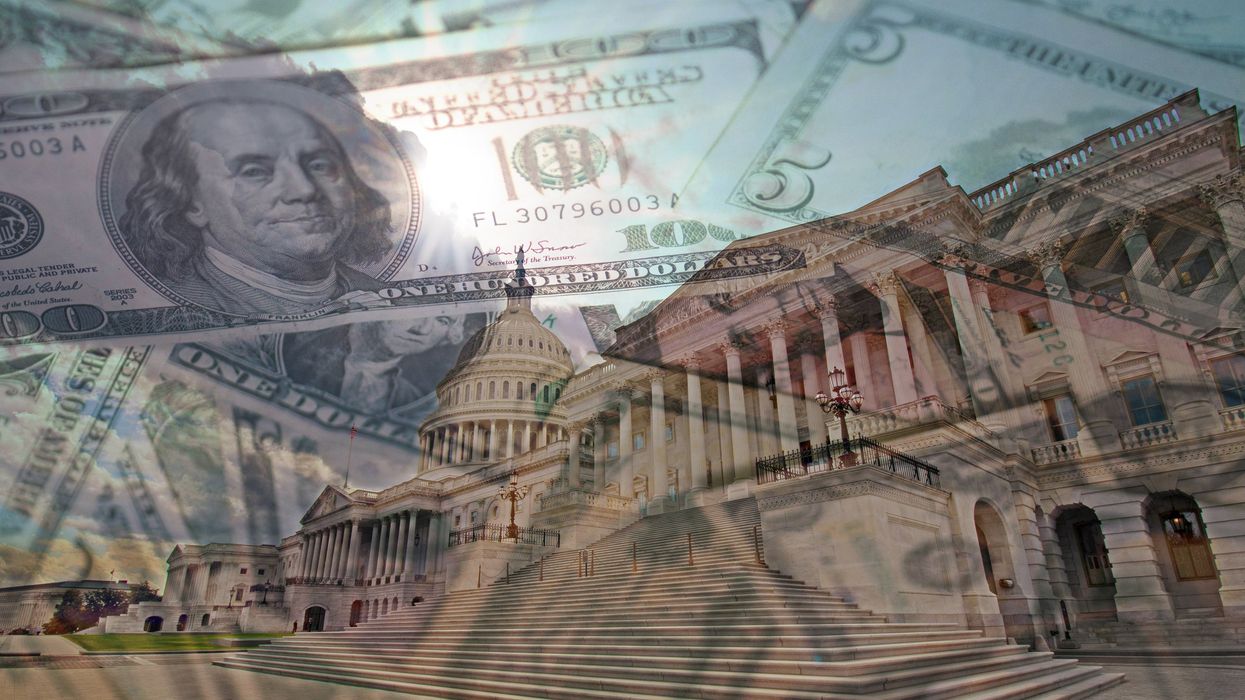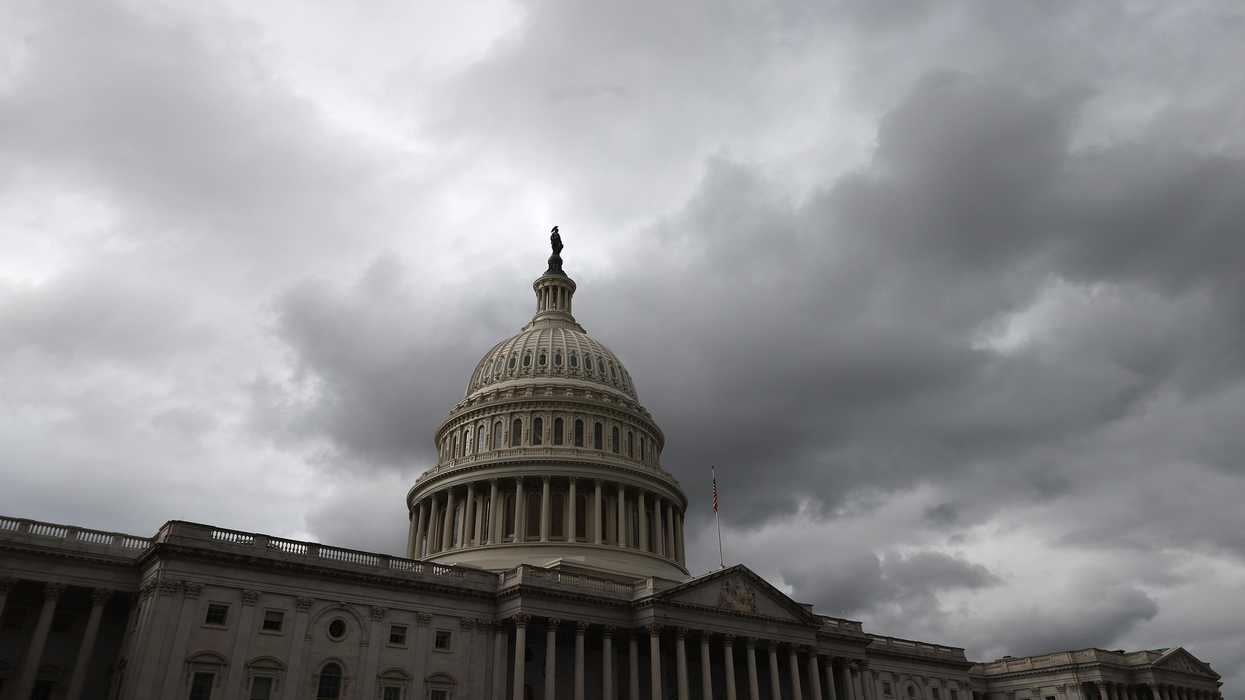Black is executive director of Fix Democracy First.
Federal law is clear: Foreign money is prohibited in U.S. elections. Unfortunately, the Supreme Court’s 2010 decision in Citizens United v. FEC created a loophole allowing corporations with significant foreign ownership to use their corporate coffers to spend unlimited amounts of money in U.S. elections.
With the next presidential election just seven months away, it’s critical that we address this loophole immediately. The good news is that the White House can direct the Department of Justice to take action today.
Across the country, we know corporations continually use their funds to influence elections, whether for a candidate they deem can help pass policies that benefit their bottom line, or against state ballot measures that everyday people use to try to improve their lives. What we don’t hear about is how many of these companies have wealthy foreign owners who could get their CEOs or other leaders on the phone at a moment’s notice to go after, or support, politicians whose decisions could personally benefit them or their country’s interests. This is not only a threat to American democracy in general, but also to our national security interests.
There have been numerous reports showing the amount of foreign-influenced corporate money coming into our elections. The most recent report from Open Secrets, “Foreign-Influenced Corporate Money in State Elections,” showed over $163 million flowing into six states during the 2018-2022 election cycles. The money was spent on state-level candidates, party committees, political action committees, ballot measure committees and independent expenditure committees (also known as super PACs). Over 800 companies, which included corporations with either at least 5 percent aggregate foreign ownership or an individual foreign owner holding more than 1 percent, collectively gave tens of millions of dollars across the six states during the 2022 election cycle alone.
In January 2020, Seattle passed a citywide ordinance banning corporations with significant foreign ownership from spending on local elections. Since then, other states and local jurisdictions have done the same, or at least tried to pass something. But it’s not enough.
We need the federal government to act now, and the White House has the power to do so. President Joe Biden needs to immediately direct the Department of Justice to investigate and determine the extent to which foreign entities may be influencing or attempting to influence American elections via corporations. The investigation should include the unique roles played by anonymous shell companies and politically active nonprofit organizations. And the DOJ should enlist the help of the Federal Election Commission, the Department of the Treasury and other relevant agencies to make recommendations to stop this influence.
We need strong leadership in order to take this threat to our democracy and national security seriously. The White House must take immediate action.





















